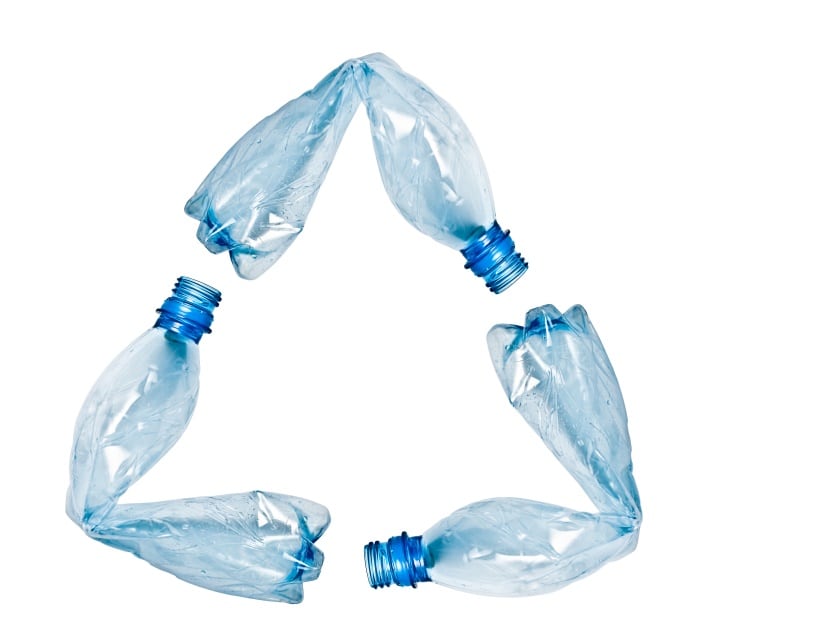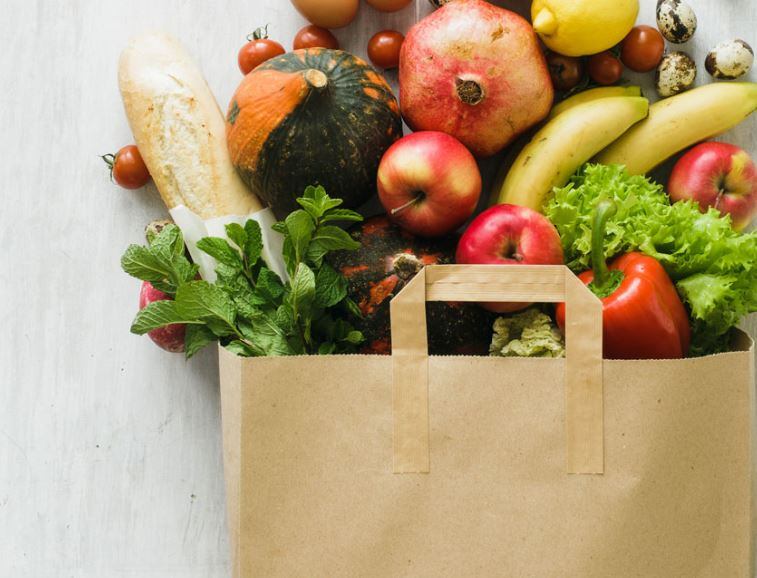“Aluminium cans have the highest recycling rate of any product out there and a recycled can could be back on the shelf as another one in just 60 days,” said Ariel Booker, co-founder of CanO Water, the brand being stocked.
There is little doubt that aluminium has outplayed plastic in terms of recycling – new “record figures” of 73.6% for recycling of beverage cans in the EU, Switzerland, Norway and Iceland were published in June (in Germany and Finland, it’s 99%).
However, those that think a solution to plastic packaging is straightforward switches should think again. “I think the plot is being completely lost”, noted one commentator on my LinkedIn feed, this week – one of dozens who reacted to my assessment of the Tesco story.
My post read: “Is water in a can really a good (or, in the UK, necessary) product? There's no mention in [the coverage so far] about the huge energy requirements of extracting aluminium. Also, recycling of aluminium cans is 72% [in the UK] – with the rest likely littered, burned or landfilled. Let's stop over-simplifying things to 'plastic bad; everything else good'.”
It obviously struck a chord – in the past 72 hours the post has been viewed more than 6,100 times. Some who commented cited research showing that tap water in some parts of the country is “much better” than bottled water; others wondered why there had been no mention of where the Can OWater water comes from (Austria). There were a few who also pointed out that given the size of the cans (330ml) and the fact they are in Tesco’s £3 meal deal, meant many would be consumed ‘on the go’, which is a notoriously hard waste stream to capture for recycling. There seemed agreement, by and large, that in the UK water didn’t need to come in a package, whatever material it was.
A plastic mess
But it isn’t only bottled water where brands are making knee-jerk reactions in order to capture the (anti-plastic) zeitgeist – and capitalise on it. Some have already gone down the compostables route, without considering whether consumers have access to the waste infrastructure that will result in the trays, cups or straws end up at a composting site.
Others have launched targets to go plastic-free in their packaging – the UK’s frozen food specialist Iceland is driving that bandwagon but what materials will it use instead and will they be economically or environmentally more sustainable than plastic?
Indeed, it’s all ended up a bit of a mess. “It comes back to the fundamental problem of sustainable packaging – when it was designed we didn’t think it all the way through,” says Liz Goodwin, food waste lead at the World Resources Institute and former CEO of the widely-respected Waste & Resources Action Programme (Wrap). “You can see the same thing happening with some of the compostables – where are we expecting them to go?”
Infrastructure is key, which means the solutions, as Goodwin and others are (desperately) trying to get across, are not simple – especially in a huge area like Europe, where collection services are so diverse. There is also lot of misinformation being pushed around (think about oxo-degradable packaging, for instance, which the EU wants to restrict after “misleading claims”) and a lot of pressure on companies to act quickly. This pressure is coming from all sides.
The EU has a new Plastics Strategy, which includes a number of potential bans on certain types of single-use plastics. Food and drink brands are thus preparing for a wave of new targets, regulations and requirements in relation to the packaging materials they use. But that won’t happen overnight.
On the other hand, media, campaign groups and public are demanding action now – and this is forcing some companies to make uncomfortable choices.
This week, for example, there were reports that UK supermarket Morrisons is removing plastic wrapping from all its cucumbers sourced in the UK and the Netherlands between March and October. Richard Hatherly, the retailer’s senior buying manager for salads, said this would not lead to more food waste. However, information on the retailer’s website from 2009 highlighted that “good packaging can actually help cut food waste” with the film on a cucumber able to increase the best before life of the vegetable “from three to 14 days”.
Crunch time for crisp packets
And it won’t at cups, cucumbers or bottles. There is an element of this that feels like a “pile on”, according to Robert Blood, founder of the NGO tracking consultancy, Sigwatch. According to Sigwatch’s assessment of campaign activity in the past 12 months, single-use plastics had rocketed up the issues list to third place in Europe, behind only animal welfare and caged poultry.
Crisps manufacturers may well be the next target. This week Campaign group 38 degrees called on Ppesico to change the packaging on its Walkers crisps to “one which is recyclable or even more preferably a non-plastic environmentally friendly material”. Currently, the 7,000 packets produced every day in the UK alone are just ending up in landfill or as litter.
More than 308,000 people have signed a petition in support of the switch. A survey of those signing up showed that 67% were Walkers customers and 81% would pay a few pence more for “recyclable or ideally compostable” packaging. And 95% would switch to a different brand that had recyclable or biodegradable packs.
Pepsico, which has already committed to the (slightly ambiguous) target to design 100% of its packaging to be recyclable, biodegradable or compostable by 2025, has promised a statement on its Walkers crisp packets. The point Goodwin and others have been trying to make is for them to think through these choices very carefully – compostables will be the best option in some cases, whilst in others it might be aluminium or paper. However, in others plastic might be the best bet for now, provided it is readily recycled.
Sigwatch’s blood has been following the activity around plastics for some time. Campaigns tend to “unfold” as they look to attract different strands of attention, including that from the public, he explains, and the danger as this happens is that the bigger impacts and the bigger picture can be shoved to one side. What happens then is symbolic actions – like banning plastic straws or switching bottles of water for cans, perhaps – acquire their own momentum. “You can [then] end up doing more harm than good,” he warns.


